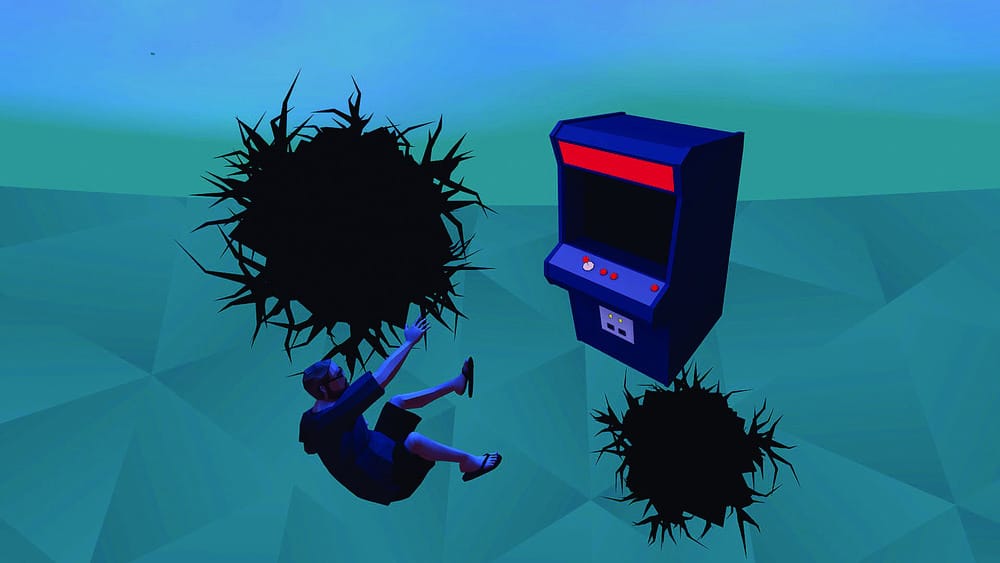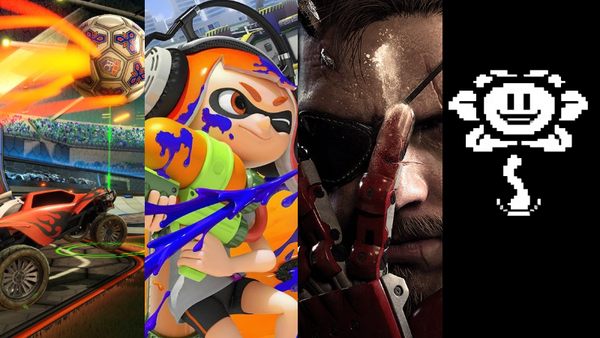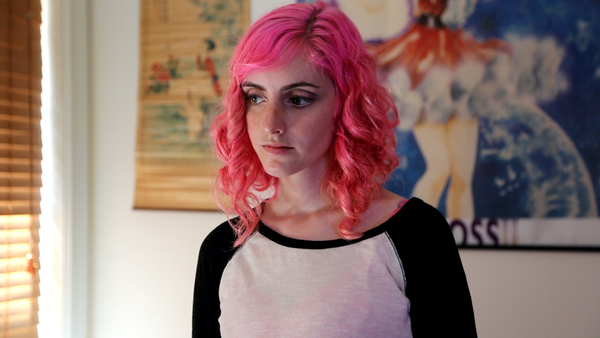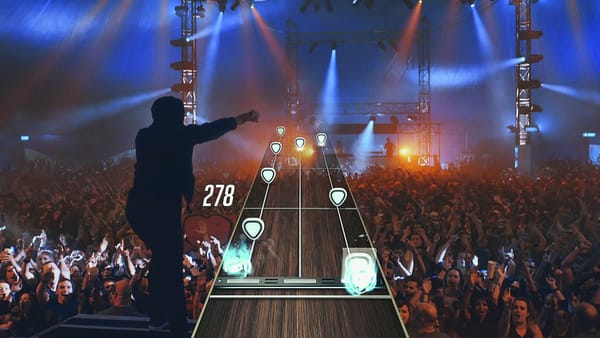That Dragon, Cancer
Numinous Games’ debut adventure is great, but you probably shouldn’t play it

The titular metaphor of Ryan and Amy Green’s autobiographical exploration game – that cancer is a dragon – is used to describe their young son’s condition to a more innocent audience. Cancer is a beast that is likely to haunt most of us directly or indirectly throughout our lives. The sheer power of the word cancer makes it a hard subject to discuss and communicate. ‘That Dragon, Cancer’ is the first (mainstream) game to explore cancer and its effect on the families of sufferers; it portrays a difficult struggle between hope and despair, acknowledging that we all react in different ways.
While it is the story of one family – it’s unfortunately a struggle that many other parents will have to endure. It’s definitely an emotional game, however, it’s affect on each player is likely to differ based on their own experiences and their ability to imagine parenthood. I felt awful for Ryan and Amy, but having a child feels like such a distant event to me that there was some emotional disconnect. It still made me think how I might react if I was ever in the same situation, which is something I’ve never wanted to consider. It’s clear that Ryan and Amy react differently to their son’s cancer. Amy is full of hope and faith in God, while Ryan despairs. These two opposing ideas become central themes of the narrative. If you don’t have children this is a game worth playing. If you’ve been through the same ordeal as the Greens it might be comforting. For everyone else That Dragon, Cancer might just be too depressing.
Modern games rarely make us think; we play them to escape the real world
The presentation of a narrative driven game is always important. It’s obvious that a long time has been spent making the game flawless in this respect. To make the game even more personal, the Green family provide the voice acting themselves. They narrate scenes and read out letters placed throughout the world with emotional performances. The abstracted polygonal world is beautiful, with murky dreamscapes and dark tree like structures haunting the landscape (which act as the physical representation of cancer in the game).
Modern games rarely make us think; we play them to escape the real world, to take part in fantastical experiences that would otherwise be impossible. So why is there a growing trend of indie developers creating games about their own lives? There’s been a (not so) sudden realisation that a medium where you can actually control and interact with the world is probably the best medium to relay personal experiences. And it’s likely that virtual reality will enhance these sort of games even further. Gamers everywhere should welcome this growing category.
However, there is still some resistance to games like That Dragon, Cancer; many question if they should really be called games. Personally, I don’t think this question needs to be answered; we don’t need another category of art. This sometimes divisive reaction indicates that the art form is still maturing – when compared to books and film, games are still in their infancy.
We shouldn’t judge games by their ability to make us cry or scream. Evoking such extreme reactions is relatively easy. It’s the complex, subtle emotions that a player feels that make That Dragon, Cancer so powerful. It’s not a game that demands introspection, but by its end you’ll look back at your own life and question how you might respond in the same situation.
That Dragon, Cancer is out now on Steam









